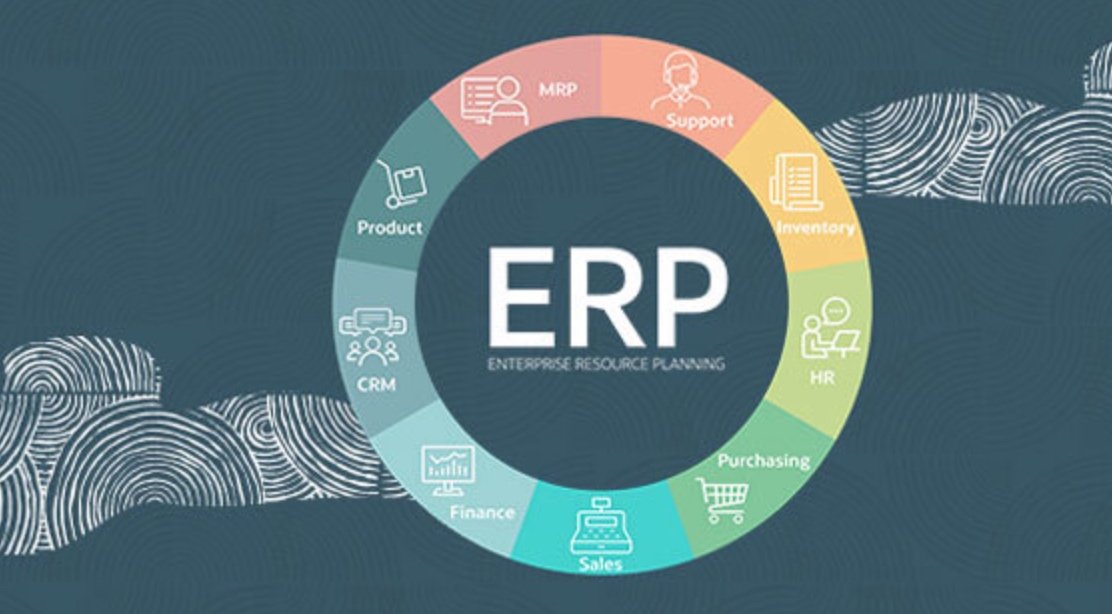ERP Systems: Breaking Down Organizational Readiness and Sustainability Considerations for Implementation
Trish Nguyen from TPG
"If employees don’t feel like the leadership team is behind a transformation, they are not going to be either. This is essential for the change management of implementing an ERP or any other system into an organization and have it be successful over the long term"
What is an ERP and why might an organization need one? How can it make someone’s life/job easier?
An ERP is enterprise resource planning. It’s essentially an integrated management system of a company’s main business processes, through software and technology. Typically, it’s a suite of applications that are integrated or modules that an organization uses to collect, manage, store and use the data for their business activities.
It makes somebody’s life or job easier because it’s designed to track business resources such as cash or materials or production capabilities. And then they balance that out with business commitments. The data from purchase orders, HR, payables and more, is shared across departments, making it a single source of the truth in real-time. This makes all department functions work seamlessly together.
Are there any key considerations that a company should think about before implementing an ERP system? Are there any cautions or pitfalls that are common?
Buy-in from leadership
The leadership team must have a willingness to champion the integration, build that organizational support. If employees don’t feel like the leadership team is behind a transformation, they are not going to be either. This is essential for the change management of implementing an ERP or any other system into an organization and have it be successful over the long term.
2. Understanding of the organization’s business process requirements
Before implementing an ERP, companies need to know what the current state of their existing processes is, including how mature they are and how much mature documentation exists around those processes. From a finance perspective, understanding the critical reporting elements and what the information system needs to provide.
3. Clean data
Having clean data, and having a good plan in place to be able to migrate the good data into an ERP is critical. The system is only as good as its data. Does the company have the right team and competencies to undertake an integration? What gaps exist? And what mitigation plan is being put in place?
4. Capacity
Does the organization have enough capacity to undertake the integration? Do your people have the bandwidth to undertake this (and the necessary training hours that come with it) on top of their existing jobs?
How has an integrated ERP system evolved and how will it continue to evolve in a virtual / post-COVID-19 world?
Any system through this pandemic must support increased collaboration. A lot of companies are still on traditional hardware-based ERPs, while some have moved to cloud-based platforms. For those with older systems, when work-from-home orders began in March of 2020, there was a scramble to get new technology integrated to enable remote working. In 2021 and beyond, it is likely that organizations will continue to place more importance on making sure their employee can access everything online.
What trends or innovations are emerging in the space right now. Are there any opportunities that companies should be taking advantage of?
Increased use of cloud-based systems
As mentioned above, one of the benefits of internet-based systems is the accessibility of real-time data and up-to-date software. Any time there is an update or upgrade, it is automatic across the company. This also makes it a lot easier to integrate with other applications. With this, companies will continue to look into what they can integrate together, to make their systems easier to use.
2. Demand for niche systems
There’s a growing demand for more niche solutions to optimize processes for both businesses and vendors. ERP systems started with the big guys (i.e. Oracle, SAP etc.). Now, companies are looking for ERPS that specifically serve their industry or niche business needs with features and functionalities that companies operating in this niche market would use. It’s no longer a generic software.
3.AI Integration
Companies are facing an increase in the number of complex and unstructured data that they’re collecting and that they’re having to analyze. Integrating an ERP with some sort of artificial intelligence platform makes it a lot easier to process that information.

